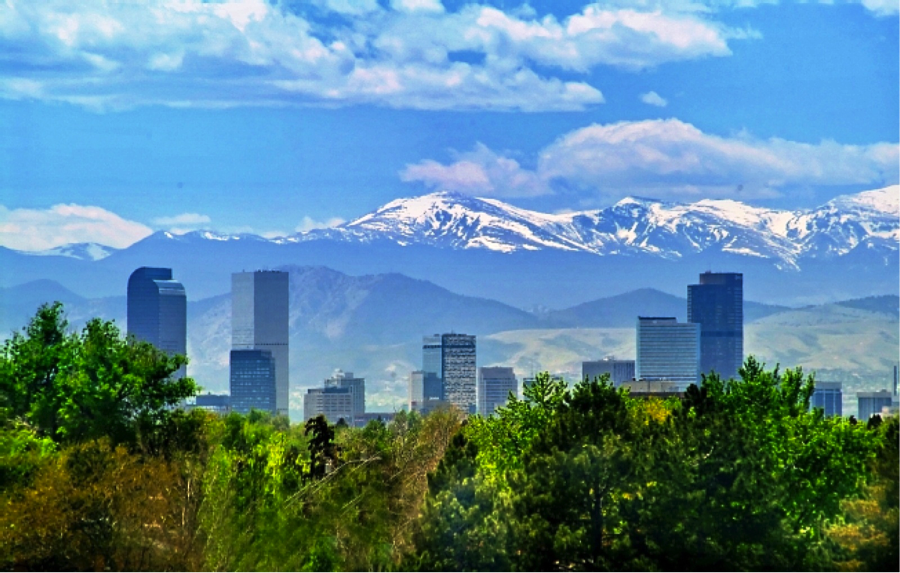By: Tia Ayele
The plight of human rights in Africa is one of grave concern to the international community. Daily obstructions to fundamental rights are discernable in most countries in Africa, as the suppression of political freedom and expression is largely universal to African authoritarian regimes. With such poor levels of human rights, it seems rather farcical to expect Africa to have Internet freedom. However, many in Africa are beginning to view the Internet as a basic right.
According to the United National Educational, Scientific and Cultural Organization (UNESCO), Internet access should be an essential right for all citizens. This is because the Internet is a means of freedom of expression, a right guaranteed within the International Covenant on Civil and Political Rights. UNESCO recognizes that Internet freedom would greatly behoove development in Africa, particularly in forming sorely needed dialogue for democracy and economic development. Due to its potential in opening up new opportunities in Africa, the United Nations has strongly urged governments to make Internet widely available, accessible, and affordable to all citizens.
However, the lack of Internet infrastructure established in Africa has precluded its capacity in becoming widely available, accessible, and affordable. The Internet is somewhat of a luxury for the vast majority of Africans, with only 11 percent of the African populous having access to it. Wifi is rarely found in places that one from the West would usually expect, such as in libraries and universities, and the price of Internet cards is overwhelmingly expensive.
Some African governments have acted proactively in enhancing their infrastructure for the Internet. For example, Uganda, Kenya, Tanzania, Rwanda, and Burundi have recently developed a multilateral investment of $400 million dollars that would consolidate a new Internet network for the region. The network, called the East Africa Backhaul System, is expected to range from southern Sudan to the Tanzanian-Zambia border, a staggering 16,000 kilometers in coverage.
Even with new plans of developing Africa’s Internet Infrastructure, censorship is still a significant deterrence to Internet freedom in the continent. Following suit of China’s “Great Firewall,” African governments have spent millions on building firewalls that curtail freedom of expression on the Internet. According to Freedom House, Ethiopia’s Internet is one of the least free in the world, due to its unwarranted filtering and monitoring of web content. In Ethiopia and in many other African countries, such control of the Internet is achieved through monopolizing the communications industry, where most African states only offer one Internet provider.
The stronghold of Africa’s “Great Firewall” has proved to be damaging to the ambit of information access and group connection, two areas that are critical to sustaining economic growth. Most development scholars would agree that information must be readily accessible for citizens in order for them to participate in the economy, and that it is similarly important for citizens to be freely connected in order to relay this information. Hence, a more connected and informed society translates into a more stable and prosperous one. However, with all of its nonsensical filtering and blocking, Africa’s “Great Firewall” is posing a threat to this essential system for development.
In terms of human rights, Africa’s “Great Firewall” is equally detrimental. To restrict Internet access through censorship is to restrain freedom of speech, which is a basic human right that must be granted to all people. Furthermore, Internet access provides dialogue that is needed in Africa’s political climate. With the amount of corruption present in African regimes, the right to dialogue is vital for political change.
The appropriation of Internet rights will ensure a freer society in Africa and mark a significant shift from its authoritarian past. Not only does the Internet have the potential to transform the political dynamics of African societies, but its expanded accessibility will prompt new economic prospects. If African governments were to view Internet freedom as a pervasive human right and enforce it as such, it would provide a world of opportunities for Africa’s future. The first step is to simply tear down the great firewalls.

